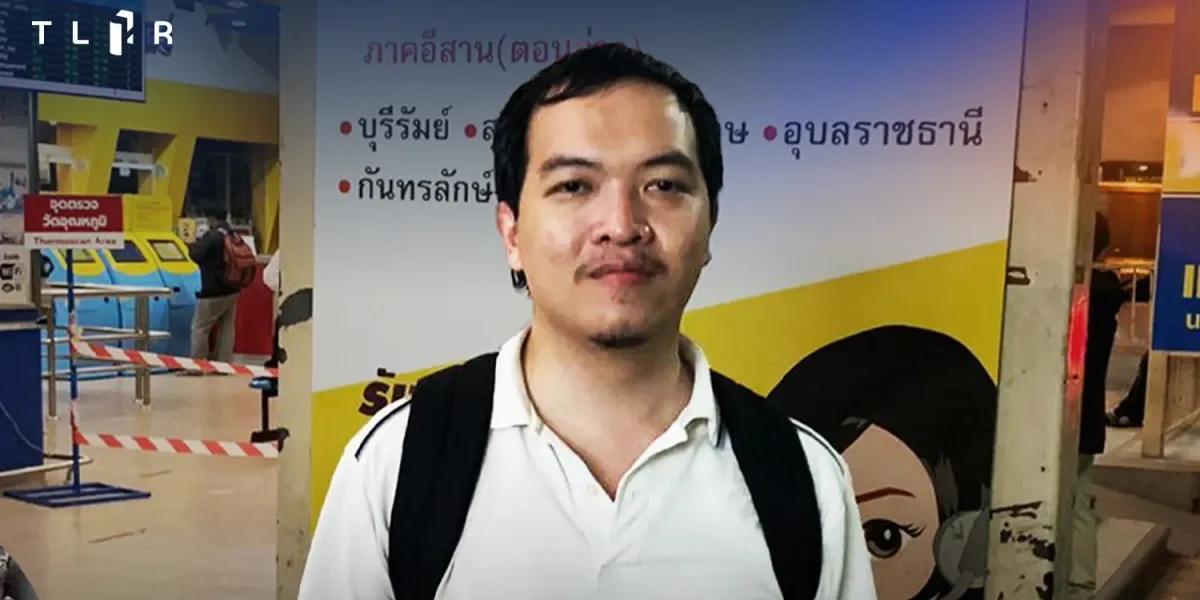The Constitutional Court website hacking case concludes with the Appeal Court sentencing Wachira to prison and a fine for damages.
The Thai Appeal Court has sentenced Wachira, a 33-year-old man, to one year and six months in prison without suspension for hacking the Constitutional Court website in 2021. He was also fined 87,277 baht in damages, following his involvement in the high-profile Constitutional Court website hacking incident.
The Incident: How the Constitutional Court Website Was Hacked
On November 11, 2021, the Constitutional Court website was hacked and renamed “Kangaroo Court” after a controversial ruling that deemed calls for monarchy reform as treason. The hacker replaced the site’s content with a YouTube video of the song “Guillotine” by the American hip-hop band Death Grips. The website remained offline for 104 days, causing disruptions before it was restored.
Wachira, the individual responsible for the Constitutional Court website hacking, was arrested on November 14, 2021, in Ubon Ratchathani. He was charged under the Computer Crimes Act for unauthorized access, damaging computer data, and interfering with the functionality of a computer system.
The Criminal Court’s Verdict
In 2022, the Criminal Court found Wachira guilty and sentenced him to three years in prison, later reduced to one year and six months due to his confession. The Court justified the unsuspended sentence by stating that Wachira’s actions had damaged public trust in the Constitutional Court and the justice system.
Additionally, Wachira was ordered to pay 87,277 baht for damages, which included the cost of hiring an outsourced service at 838 baht per day to create a temporary website. However, the motion for 10 million baht in reputational damage compensation was dismissed, as the offence did not involve defamation under the Computer Crimes Act.
Appeal Court Upholds the Ruling
On January 21, 2025, the Appeal Court upheld the Criminal Court’s initial ruling. Wachira’s appeal did not overturn the decision, and the prison sentence remained unsuspended. His role in the Constitutional Court website hacking case was further emphasized as an act that disrupted a vital public institution and undermined its credibility.
Bail and Next Steps
Following the Appeal Court’s decision, Wachira was granted bail pending a final appeal to the Supreme Court. His case continues to attract public attention as it highlights the serious consequences of hacking and unauthorized access to government websites.
Conclusion
The Constitutional Court website hacking case serves as a reminder of the legal and ethical implications of cybercrime. With stricter enforcement of the Computer Crimes Act, authorities aim to deter similar offenses and protect the integrity of Thailand’s judicial institutions. Wachira’s sentencing underscores the importance of accountability and the impact of cyberattacks on public trust.


